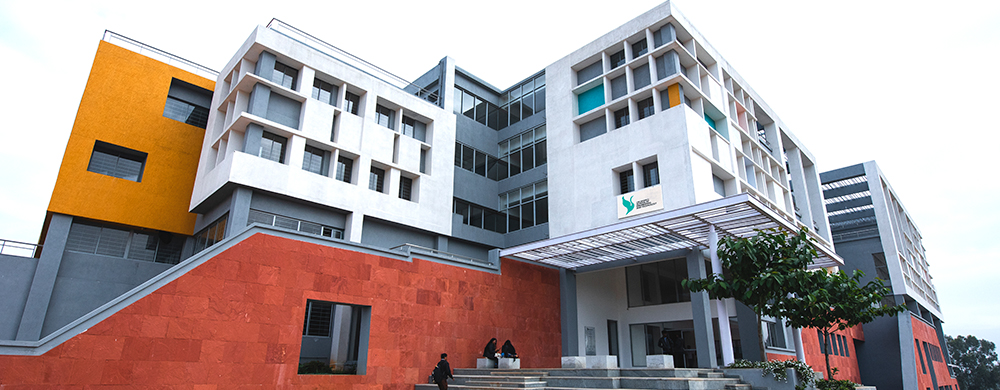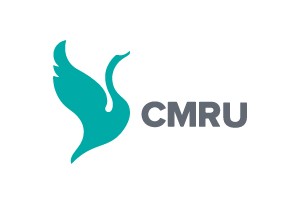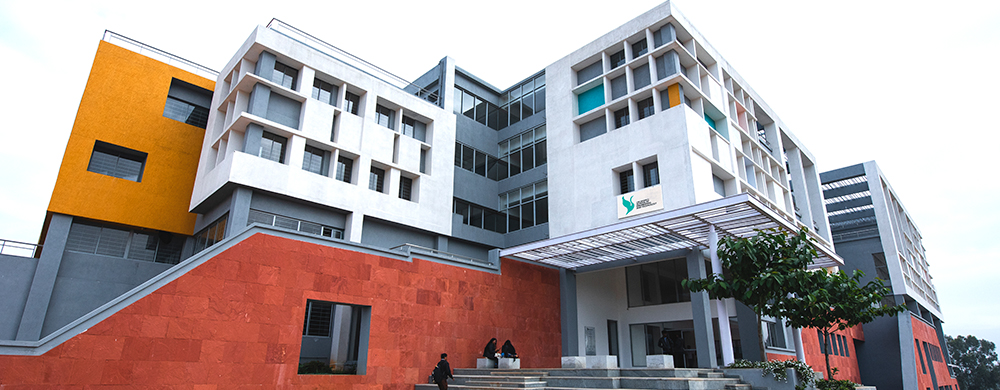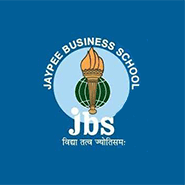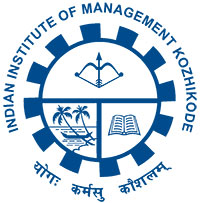Programme Assessment
Choice-Based Credit System (CBCS): The university follows CBCS, which allows students to choose courses and earn credits based on their performance
Grades and GPA: Students are awarded grades for each course in a semester, and their Semester Grade Point Average (SGPA) is calculated to measure their academic performance. Cumulative Grade Point Average (CGPA) is used to evaluate the overall performance of a student across all semesters.
Prescribed Curriculum: Each program has a prescribed curriculum or Scheme of Teaching and Evaluation, which includes the required courses, laboratories, and other degree requirements. It also incorporates SWAYAM and Massive Open Online Courses (MOOCs) offered by reputed institutions.
Auditing Courses: Students have the option to audit courses, which allows them to gain additional exposure without the pressure of obtaining a grade. This can give them an advantage in placements.
Evaluation System: The evaluation of students is comprehensive and continuous throughout the semester. It consists of Continuous Internal Evaluation (CIE) and Semester End Examination (SEE). CIE and SEE carry equal weightage of 50% each, resulting in a total evaluation of 100 marks for each course, regardless of its credit value.
Assessment Methods: Before each semester, faculty members may choose assessment methods such as assignments, seminars, quizzes, group discussions, case studies, practical activities, class presentations, industry reports, etc., with suitable weightage for each.
Semester End Examination: A Semester End Examination is conducted for all registered courses at the end of each semester. However, some courses that already have Continuous Internal Evaluation may not require a SEE. Makeup Examinations: Students who fail the Semester End Examination in one or more courses are eligible for makeup examinations, which provide an opportunity to retake the failed exams and improve their grades.
Programme Outcome
- PO1: Engineering knowledge: Apply the knowledge of mathematics, science, engineering fundamentals, and Computer science and an engineering specialization to solve complex engineering problems.
- PO2: Problem analysis: Identify, formulate, review research literature, and analyze complex engineering problems reaching substantiated conclusions using mathematics, basic sciences, and computer science and engineering specialists in the field of Computer Science.
- PO3: Design/Development of Solutions: Design solutions for complex engineering problem using appropriate knowledge of Computer Science for the health sector, education sector, banking and supply chain sectors.
- PO4: Conduct investigations of complex problems: Use research-based knowledge and research methods including design of experiments, analysis and interpretation of data, and synthesis of the information using Cryptographic algorithms to provide valid conclusions.
- PO5: Modern Tool Usage: Create, select and apply appropriate techniques, resources and IT tools (WireShark, Metasploit, Cuckoo, Sandbox, YaraRules, Base64, VolUtility, Process Hacker, Hexinator) which helps in building models using Computer Science.
- PO6: The engineer and society: Apply reasoning informed by the contextual knowledge to assess societal, health, safety, security, legal and cultural issues and the consequent responsibilities relevant to the professional engineering practice.
- PO7: Environment and sustainability: Understand the impact of Computer Science and engineering solutions in societal and environmental contexts, and demonstrate the knowledge of the same need for sustainable development.
- PO8: Ethics: Apply ethical principles and commit to professional ethics and responsibilities and norms of the engineering practice.
- PO9: Individual and teamwork: Function effectively as an individual, and as a member or leader in diverse teams, and in multidisciplinary settings.
- PO10: Communication: Communicate effectively on complex engineering activities with the engineering community and with society at large, such as being able to comprehend and write effective reports and design documentation, make effective presentations, and give and receive clear instructions.
- PO11: Project management and finance: Demonstrate knowledge and understanding of the Computer Science concerns and apply these to one’s work, as a member and leader in a team, to manage projects and in multidisciplinary environments.
- PO12: Life-long learning: Recognize the need for, and have the preparation and ability to engage in independent and life-long learning in the advancement of Computer Science
